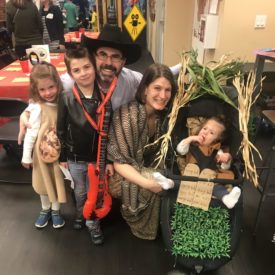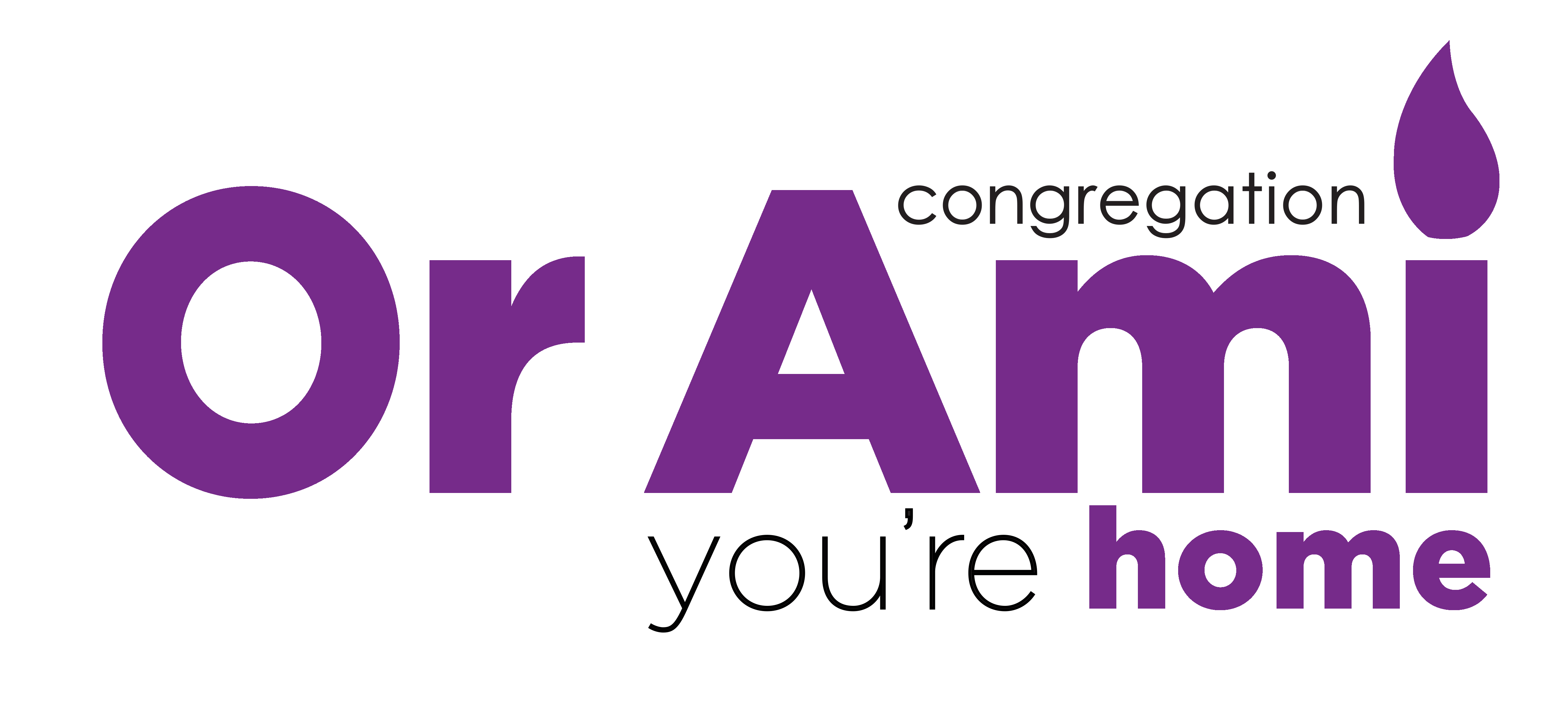
Even When They Have Covid-19, Be a Mensch
By Rabbi Julia Weisz and David Weisz
We all dread that email. You know the one, usually from the school principal, or the preschool administrator, or maybe one of the teachers. The subject, carefully crafted to catch your attention, tries not incite panic. “Important Message for Fifth Grade Parents,” or “First Grade Health Update,” or even less helpfully, “We Care About Your Kids.” And there it is: “We want to inform you that a student in your child’s grade has been diagnosed with <insert your favorite childhood malady here>.”
Cue the eye-rolling, the “here we go again” and – of course – the flurry of secret text messages between parents trying to figure out who’s sick, when they got it, and what their parents dared to allow them to do between the first sniffle and the actual diagnosis: “Can you believe Johnny’s parents let him walk to the mailbox yesterday? While he was sick?!?”.
Judaism teaches that shaming another is akin to shedding blood – to murder – and should be avoided at all costs, but that moral argument doesn’t always scratch the itch the way a few snide or gossipy text messages do.
In the COVID-19 coronavirus era, however, things are drastically different. The emails aren’t just saying “we’re doing extra cleaning in the classroom;” they say “school is closed for two months.” If the schools are changing behavior on that scale, doesn’t it warrant massive behavior change on our part too?
At this point, it is virtually inevitable that people in our social circles will contract COVID-19, perhaps even someone we or our children interacted with in the last 14 days. How do we respond? With private text messages gossiping about it or in a more compassionate, community building way?
Imagine two scenarios:
In the first, a loving, caring community exists. The COVID-19-positive person, worried about your well-being, calls to let you know that you may have been infected. Concerned though you may be, you thank them for the information and let them know how much you appreciate that they felt comfortable sharing a personal diagnosis with you. Yes, you may feel anxious or worried for your health, but you nonetheless hold space for the person sharing their diagnosis, breathe deeply, and after the call is complete, you process your own feelings. You self-quarantine, monitor for symptoms for two weeks, and then, hopefully, you continue living a healthy life. You regularly check in with the person who called you as your concern for their well being becomes as significant to you as your own. That’s how a Kehilla Kedosha, a holy community, acts.
In the other scenario, the community is eerily similar to many of the schools we attend and communities we participate in: the person, worried about being at the center of the rumor mill and potentially being blamed for infecting the community, says nothing. You then carry on with life, as if nothing were wrong, potentially further spreading the coronavirus we are all trying so hard to contain, potentially infecting dozens of other people. Or worse, you get off the call with the infected person, pick up the phone to text or call other friends, and – under the guise of sharing critical information – shame the person who informed you of their illness. Imagine the texts: “I cannot believe so and so hung out with me last week. If they get me sick, I am going to be so mad.”
Which community would you rather be a part of?
In case you’re wondering, yes, members of Congregation Or Ami have been diagnosed with COVID-19. And no, none of them attended face-to-face synagogue events in a period that would have infected people today.
We are proud that they felt they were part of that first kind of caring, menschy community. Steeped in our Jewish value of henaynu (being there for each other), they knew they would be cared for publicly and in those private text messages. Nurtured on the notion that healthy or sick, we are all created B’tzelem Elohim (in God’s image), deserving equal treatment and imbued with infinite value, they contacted everyone they had been in contact with in the previous weeks (thankfully, a relatively small number of individuals). Those individuals were reportedly caring, measured in their response, and are keeping in touch.
Our actions now, as the rumors swirl and speculation grows, will dictate whether other members of our communities will continue to act in that responsible manner.
When you hear that someone has tested positive, please be a mensch (a kind, compassionate person). Do inquire after their well-being. Don’t be gossipy. Do make your rabbis, teachers, and children proud.
